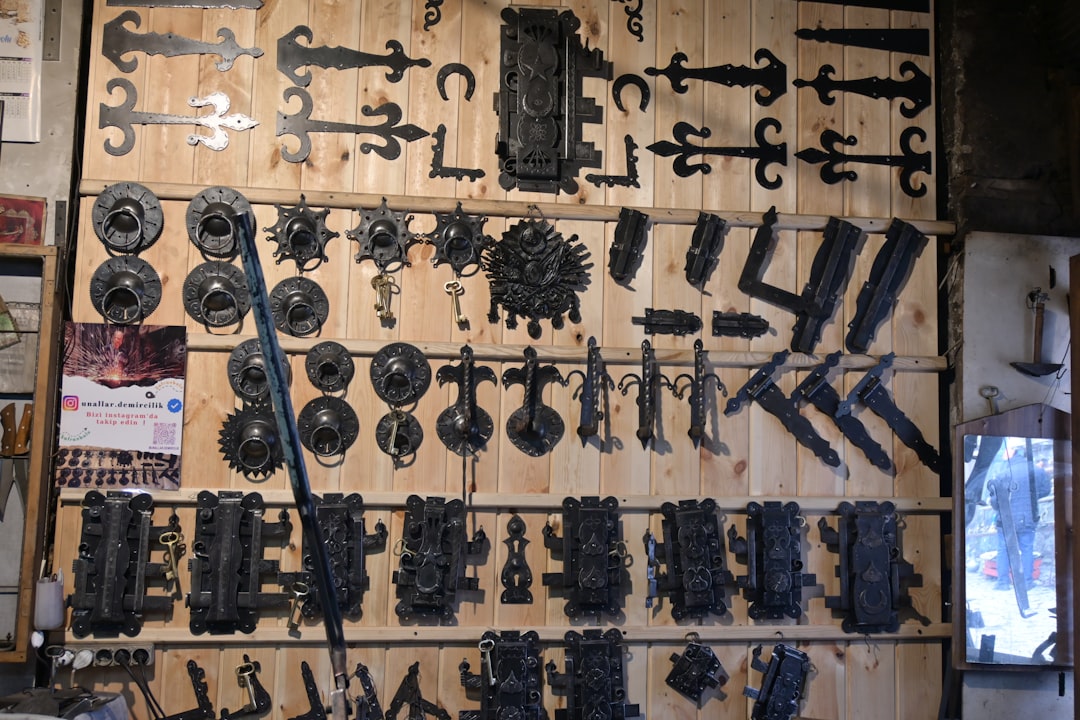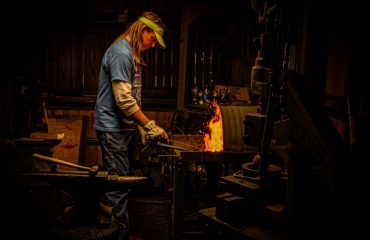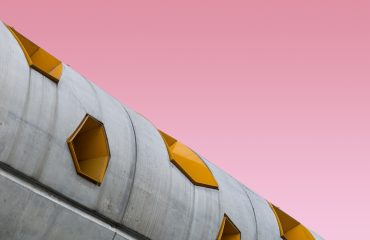In the heart of industrial innovation lies the critical role of machine parts. While off-the-shelf components often suffice, demanding applications frequently necessitate the precision and bespoke nature of customized steel machine parts. This comprehensive guide delves into the world of tailored steel components, exploring their design, manufacturing, and applications to help you understand how these crucial elements power modern machinery.
1. Designing for Strength and Precision: The Blueprint of Bespoke Steel
The design phase is paramount when it comes to customized steel machine parts. It’s not merely about sketching an idea; it’s about meticulous engineering that considers factors like material selection, stress analysis, and dimensional tolerances. Finite Element Analysis (FEA) software is often employed to simulate real-world conditions and predict the performance of the part under various loads and stresses. This allows engineers to optimize the design for maximum strength, durability, and efficiency, minimizing the risk of failure and ensuring longevity. The design must also account for the specific application, considering factors such as temperature fluctuations, corrosive environments, and required levels of precision. Detailed drawings, including precise dimensions, material specifications, and surface finish requirements, are crucial for accurate manufacturing.
2. Material Matters: Choosing the Right Steel Grade for Your Needs
Steel isn’t a monolithic material; it encompasses a vast array of grades, each with distinct properties. The selection of the appropriate steel grade is critical to the performance of the custom part. Factors to consider include: strength (yield strength and tensile strength), hardness, toughness (resistance to fracture), machinability (ease of processing), weldability, and corrosion resistance. Common steel grades used in machine parts include low carbon steel (for general applications), medium carbon steel (for higher strength), high carbon steel (for exceptional hardness), alloy steels (for enhanced properties like corrosion resistance), and stainless steels (for superior corrosion resistance). The choice depends heavily on the specific demands of the application. A component operating under high stress will require a higher strength steel, while one exposed to harsh chemicals might necessitate a stainless steel grade.
3. Precision Manufacturing: From Blueprint to Reality
The transition from design to finished product involves advanced manufacturing techniques. Several methods are employed to create customized steel machine parts, including:
- CNC Machining: Computer Numerical Control machining offers exceptional precision and repeatability, allowing for complex geometries and tight tolerances.
- Forging: This process shapes steel using compressive forces, resulting in high strength and durability. It’s ideal for parts requiring exceptional strength and resistance to fatigue.
- Casting: Casting involves pouring molten steel into a mold, allowing for intricate designs and large production volumes. However, it might require subsequent machining for precise dimensions.
- Welding: Welding is used to join different steel components, enabling the creation of complex assemblies.
- 3D Printing (Additive Manufacturing): This emerging technology allows for the creation of complex geometries and lightweight designs that might be impossible with traditional methods.
The choice of manufacturing process depends on factors such as part complexity, required tolerances, material properties, and production volume.
4. Quality Assurance: Ensuring Peak Performance Through Rigorous Testing
Quality control is an integral part of the process. Rigorous testing is conducted throughout the manufacturing process to ensure that the finished parts meet the specified requirements. This includes dimensional inspections to verify accuracy, material testing to confirm the chosen steel grade and its properties, and performance testing to evaluate the part’s strength, durability, and functionality under simulated operating conditions. Non-destructive testing (NDT) methods, such as ultrasonic testing and magnetic particle inspection, are often used to detect internal flaws without damaging the part. Quality control ensures that the final product meets the highest standards of performance and reliability.
5. Applications Across Industries: The Versatility of Customized Steel Parts
Customized steel machine parts find applications across a wide spectrum of industries. Their strength, durability, and precision make them indispensable in:
- Automotive: Engine components, transmission parts, chassis components, and body parts.
- Aerospace: Aircraft landing gear, engine components, structural components.
- Heavy Machinery: Excavator parts, crane components, construction equipment parts.
- Manufacturing: Industrial machinery components, tooling, fixtures.
- Energy: Power generation equipment components, oil and gas industry equipment.
- Medical Equipment: Precision components for surgical instruments and medical devices.
The versatility of customized steel parts allows for tailored solutions to meet the specific needs of each industry, driving innovation and improving performance across various applications.
In conclusion, customized steel machine parts are essential components in a vast array of industries. Their design, material selection, manufacturing process, and quality control are all crucial factors in ensuring their performance and reliability. By understanding these aspects, businesses can leverage the power of bespoke steel components to create innovative and high-performing machinery.




